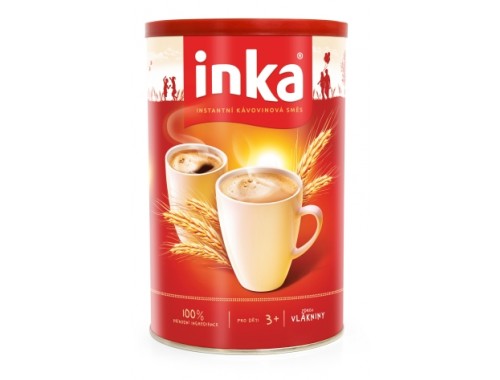What does exported goods mean?
An export commodity is a product that is produced in one country and sold to another. In the context of international trade, an export commodity plays a crucial role in a country's economy, affecting its trade balance, production levels, employment, and economic growth. The drive to export goods is fueled by various factors, including differences in natural resources, skills, technology, and production costs between countries. As a result, countries specialize in producing those goods that they can manufacture most efficiently and competitively.
An export commodity goes through several stages before reaching the foreign market. This process begins with identifying target markets, which requires detailed analysis of potential customers, competitors, and legal regulations in the destination country. After selecting the appropriate market, the producer must adapt their product to local requirements and consumer preferences, which may involve modifications in packaging, labeling, composition, and quality standards.
The next stage involves logistics and transportation, which includes organizing the shipment of goods from the place of production to the final recipient. Depending on the type of goods and the distance, various means of transport may be used, such as sea, air, rail, or road transport. A crucial element is also managing the risks associated with transportation, including insuring the goods against damage or loss during transit.
Customs procedures and trade regulations constitute another essential aspect of exporting goods. Exporters must meet customs requirements both in the country of export and in the destination country, which includes preparing the appropriate documentation, such as commercial invoices, certificates of origin, quality certificates, and other documents required by customs regulations. Additionally, many countries impose various tariff and non-tariff barriers, such as duties, quotas, import licenses, or technical requirements, which can affect the costs and timing of export operations.
Financing exports is another critical element, especially for small and medium-sized enterprises. Exporters can use various financial instruments, such as export credits, credit guarantees, factoring, or letters of credit, which help secure payments and minimize the risk of non-payment by foreign contractors. Government support in the form of export promotion programs, tax incentives, or training for entrepreneurs also plays a significant role in facilitating the export process.
The benefits of exporting goods to the economy are manifold. First and foremost, exports contribute to increasing the revenues of businesses, which in turn leads to increased investment and the creation of new jobs. Exports also promote market diversification, reducing the risk associated with excessive dependence on the domestic market. On a macroeconomic scale, exports improve a country's trade balance, increase foreign exchange reserves, and stabilize the national currency exchange rate.
However, exporting goods also entails certain challenges and risks. Businesses must face competition in international markets, which can be significantly stronger than in the domestic market. Currency exchange rate fluctuations can affect the profitability of exports, especially if trade agreements are denominated in foreign currency. Additionally, changing trade regulations, political tensions, or trade wars can introduce uncertainty and complicate export activities.
In summary, an export commodity is a product that is subject to international trade, bringing numerous benefits to both producers and the entire economy. The export process is complex and requires careful planning and management at every stage, from identifying target markets, adapting products, organizing logistics, to complying with customs procedures and financing. Despite the challenges, exporting is an indispensable element of business development strategies, allowing companies to expand their operations to new markets and increase their competitiveness on the international stage.
- Economy
- Export
- International cooperation
- Construction
- Agriculture, Food
- Regional development, investment in Poland
- What's worth knowing
Export
What does exported goods mean?


Source: https://www.poland-export.com/

See also:

Chocolate and chocolate products from Poland
For years, Poland has been strengthening its position as one of the key exporters of chocolate products in Europe. Chocolate exports constitute an important segment of Polish foreign trade and cover a wide range of chocolate products

Cherry Export. Polish Cherries Around the World
The export of cherries from Poland is playing an increasingly important role in the international fruit market.

Cosmetics export. Cosmetics from Poland
The export of cosmetics and toiletries from Poland is developing at a dynamic pace, thanks to which Poland has gained the status of one of the leaders in the production and sale of these products in Central and Eastern Europe

Export of Windows: Window Joinery from Poland
Poland has been playing an important role on the international window market for many years, being one of the largest window exporters in the world.

FTA - Free Trade Agreements: Do They Exist and Can They Lower Tariffs?
Free Trade Agreements (FTAs) are key tools in international trade policy, aimed at reducing trade barriers...
Help needed ?
If you have not found the desired product, company, service or the searching results are not satisfactory for you, do not hesitate to contact us and tell what you are looking for or what you need. We will send your inquiry directly to the interested companies.
Write to us

 pl
pl  en
en  de
de  es
es  fr
fr  it
it  pt
pt  ru
ru  sv
sv 













.jpg)


